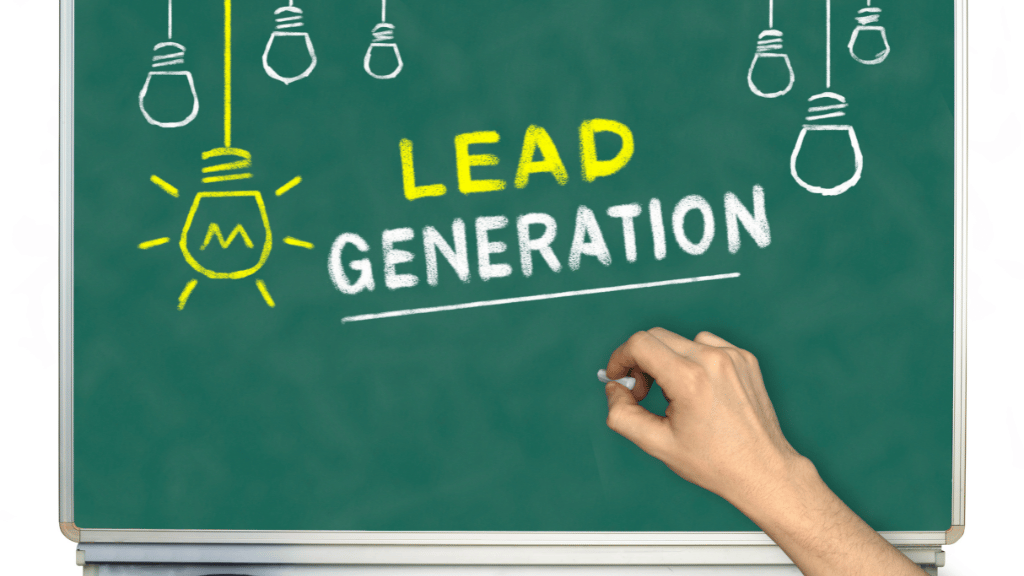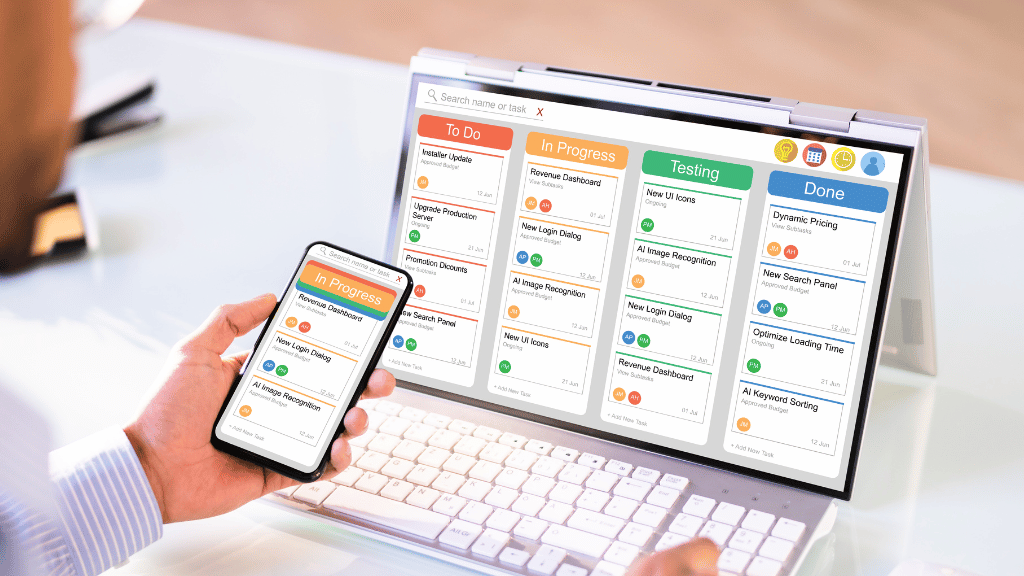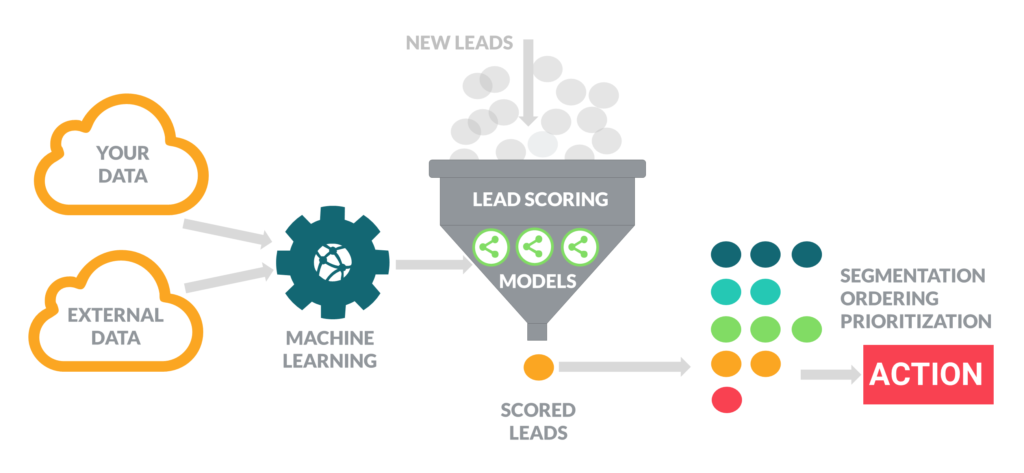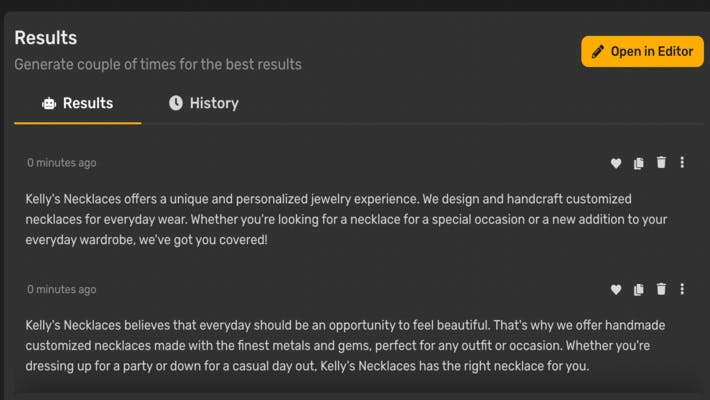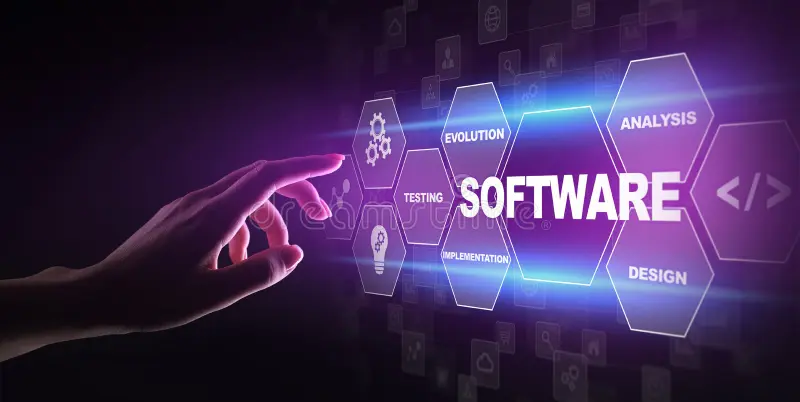AI in Digital Marketing: Optimizing Lead Generation Strategies
The rise of artificial intelligence (AI) is taking shape in a wide range of industries, from medical to construction. For many years, innovators have pondered how AI can make their businesses and technology more efficient and accurate.
The AI revolution has now made its way over to digital marketing, and it’s been highly effective at helping companies manage many tasks, from writing marketing content to running better email campaigns. AI Essay Generators are just one facet of how artificial intelligence is transforming the marketing landscape.
All the ways AI can assist in optimizing your lead-generation strategies. First, let’s touch on the basics of AI lead generation.
What is AI Lead Generation?
AI lead generation is the process of nurturing and converting prospects with the help of AI. Before, marketers had to manually score leads, nurture them, and create marketing messages all from scratch. AI models work to analyze vast amounts of data, discover patterns, and create algorithms for processing said data. As a result, AI can automate the leg work of a lead generation campaign and make it more efficient. AI increases your productivity as well.
In sum, AI lead generation is the new standard for automating a vital portion of your sales process so you can focus more on closing deals and running your business. Whether you're incorporating AI into scaling text-based lead generation or you’re enhancing customer interactions, integrating AI into various aspects of your business strategy holds significant potential for efficiency, personalization, and overall improvement in outcomes. But how does AI process that much data? What’s the inner technology behind most AI lead-generation campaigns?
That's machine learning. We’ll explain more about that in the next section.
What is Machine Learning?
Machine learning is a subset of AI. It’s a highly-advanced apparatus that empowers technology to learn and improve without explicit programming. Via machine learning, AI can learn from past data and create better strategies. This is the heart of the AI revolution in digital marketing. Together, AI and machine learning can make your marketing campaigns smarter and more refined to reach your core business objectives.
How to Optimize Your Lead Generation Strategies with AI
Driving results through AI lead generation ultimately depends on the tools and software you use. Thankfully, there are a wide range of marketing automation tools that can help you automate each part of the lead-generation process.
Let’s take a closer look at these strategies in more detail.
1. AI-Powered Chatbots
AI-powered chatbots have been around since before the rise of ChatGPT. But since it’s introduction, chatbots have experienced a resurgence in popularity — especially as a dynamic lead generation tool.
AI chatbots can:
1. Provide instant responses to queries and questions.
2. Help prospects advance through your sales funnel.
3. Engage with website visitors in real time.
4. Answer customer questions 24/7.
AI chatbots rely on the tandem of machine learning and natural language processing (NLP) to deliver highly-personalized experiences to prospects. They can also connect leads to the proper product pages on your website or funnel them to the right salespeople for the next steps.
2. Lead Scoring and Predictive Analytics
Lead scoring is the process of ranking and qualifying leads based on insights such as:
a. Engagement level
b. Demographics
c. Behavior
The good news is that you can create your own lead scoring model, where you can set your own rubric to define what a quality lead looks like. And AI can help parse past data to support your lead scoring model
Instead of manually assigning scores to specific leads, lead generation software can completely automate the process. For example, if certain prospects engage with your business at a lower rate than usual, your lead generation software can automatically assign them appropriate scores.
The better the score, the more resources you can devote to making each qualified prospect a paying customer. And that’s where predictive analytics comes into play. The definition of predictive analytics is in its name. By leveraging predictive analysis, you can analyze vast amounts of data and predict the best outcomes. This is an essential aspect of the lead nurturing process.
For example, predictive analysis can help with lead scoring, as mentioned above. Based on prior information about prospects that have already traveled down your sales pipeline, your AI-powered lead generation tools can give you data-backed statistics of the likeness that they’ll convert down the line.
Predictive analysis is key in qualifying leads and making sure you optimize your time, money, and resources on promising leads for your business. That means higher conversion rates and more money in your pocket at the end of the day.
3. CRM Integration
Depending on what AI lead generation software you use, you should be able to take advantage of seamless integration with your customer relationship management (CRM) platform.
Here's how this can work.
Let’s say you’re already using an AI chatbot to augment your customer support team. If a prospect tells the chatbot they want to speak to a salesperson, it can integrate with your CRM.
From there, this prospect will flow to your sales database to ensure they get the attention they deserve. Also, a CRM integration can also help you identify cross-selling and upselling opportunities within your customer base. This is also where sales enablement software can help your team respond faster and smarter.
If your AI model sees that you’re providing long-term service to a customer, it may send them an automated message about considering another service offering. These are just a few ways your CRM and AI lead generation software can work together.
4. Content Creation
Content creation is the beating heart of digital marketing, but crafting unique and compelling content can be time-consuming and challenging. Enter the AI revolution – your indispensable ally in optimizing lead generation strategies.
Moreover, businesses hiring for remote flexible jobs can leverage AI-powered content tools to create engaging job descriptions, career blogs, and recruitment campaigns. This not only helps attract the right candidates but also ensures that their messaging aligns with the needs of a remote workforce.
Gone are the days when creativity stemmed from only human minds. Today, AI solutions in eCommerce are pushing the boundaries, enabling marketers to produce content that resonates with target audiences in a fraction of the time.
For instance, AI can help you write:
a. Lead magnets (e.g., ebook, blog post, webinar)
b. Compelling calls-to-action (CTAs)
c. Personalized email campaigns
d. Engaging landing pages
e. Retargeting strategies
f. SEO-friendly content
With natural language processing, AI will generate creative ideas and tailor content to specific customer personas, providing personalized and engaging experiences. And you don’t have to do much of the heavy lifting.
Imagine running an e-commerce site and wanting to create product descriptions that stand out. Rather than toiling over each line, an AI-powered content creation tool like Jasper, Simplified, CopyAI or Hypotenuse AI can analyze existing customer reviews and preferences to craft descriptions that truly speak to your audience's desires.
For a new jewelry brand, it might highlight the sleek design for the fashion-forward crowd or the customization opportunities for those trying to stand out. And through machine learning, these tools learn and evolve with each interaction.
That way, you’re consistently delivering content that's fresh, relevant, and optimized to convert leads.
With artificial intelligence at your side, the content possibilities are endless, unlocking new doors to efficiency, creativity, and success in the digital realm.
5. Data Reporting and Analytics
Automating your sales enablement process means nothing if you’re not getting a high return from your investment. AI-powered data reporting tools make it easier to identify trends in your sales data. You can also measure the effectiveness of your campaigns, analyze large amounts of data, build KPI dashboards, and create stakeholder reports.
Holding your lead generation strategy accountable starts with data reporting and analytics. After all, you want to hone in on what’s working and kick what isn’t to the wayside.
Final Words
Overall, AI and machine learning make sales enablement much easier for sales teams. By automating key workflows, salespeople can focus on the most important part of their jobs: closing deals.
On top of this, AI makes lead generation a lot more efficient and results-oriented. If you’re ready to move on from old-fashioned, manual lead generation strategies, joining this new AI revolution is the smartest option for your business.

